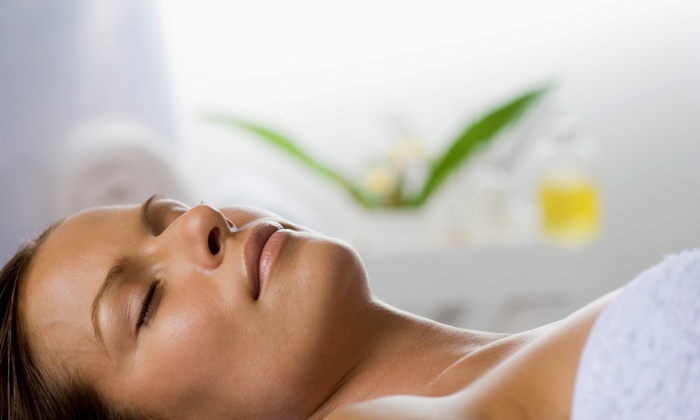What Is Negligence Resulting In Beauty Treatment Injuries? The Top Facts You Should Know

Most accidents are not caused because of some system failure. Most accidents are not caused because nobody knew any better. Most accidents, in fact, are caused because someone was negligent, and failed to perform a certain task. In other words, most unwanted incidents could have been perfectly avoided if only someone would have done the right thing at the right time. This is even truer for beauty treatment injuries – often injuries can be avoided if the person performing the treatment had not been negligent at the time. But what exactly does this mean? And how often do bad results really occur? To answer this, here’s all about negligence resulting in beauty treatment injuries, and the top facts that you should know.

Negligence, in legal terms, means acting or failing to act in a certain way, a way in which a reasonable person under the same circumstances would not have acted. This may seem a little ambiguous, but there are clear examples in the beauty industry that exemplify it. For example, before applying chemicals to your scalp, you are supposed to receive a patch test to check for allergies – failing to do this is negligence on the part of the beautician. The point is that reasonable actions must have occurred; mistakes due to negligence or ignorance are no excuse for failure or accidents.
Accidents can have many causes – mostly they are a result of mismanagement, actions (or negligence) of the staff, wrong training, wrong products, faulty tools, or a combination of those factors. Finding out where the cause lies is the key to making a claim and seeking compensation for any possible injury that occurs. This should be documented.
There are many treatments, and each has its own risk. Examples are:
Often victims of injuries are undecided on whether or not they should pursue beauty treatment claims against the beauty salon that caused the injuries. On the one hand, they feel it might not be worth it, or that the beauty salon will suffer from negative consequences and that relationships can be destroyed. On the other hand, they feel they deserve compensation – hence, they are undecided. The beauty industry needs more regulation, and not filing a claim will allow the industry to go on as it does – unchecked. And it’s about the next individual; it’s about preventing similar incidents and protecting the next person. If you’ve ever been a victim, speak up and seek advice. You – and many others – deserve it.
